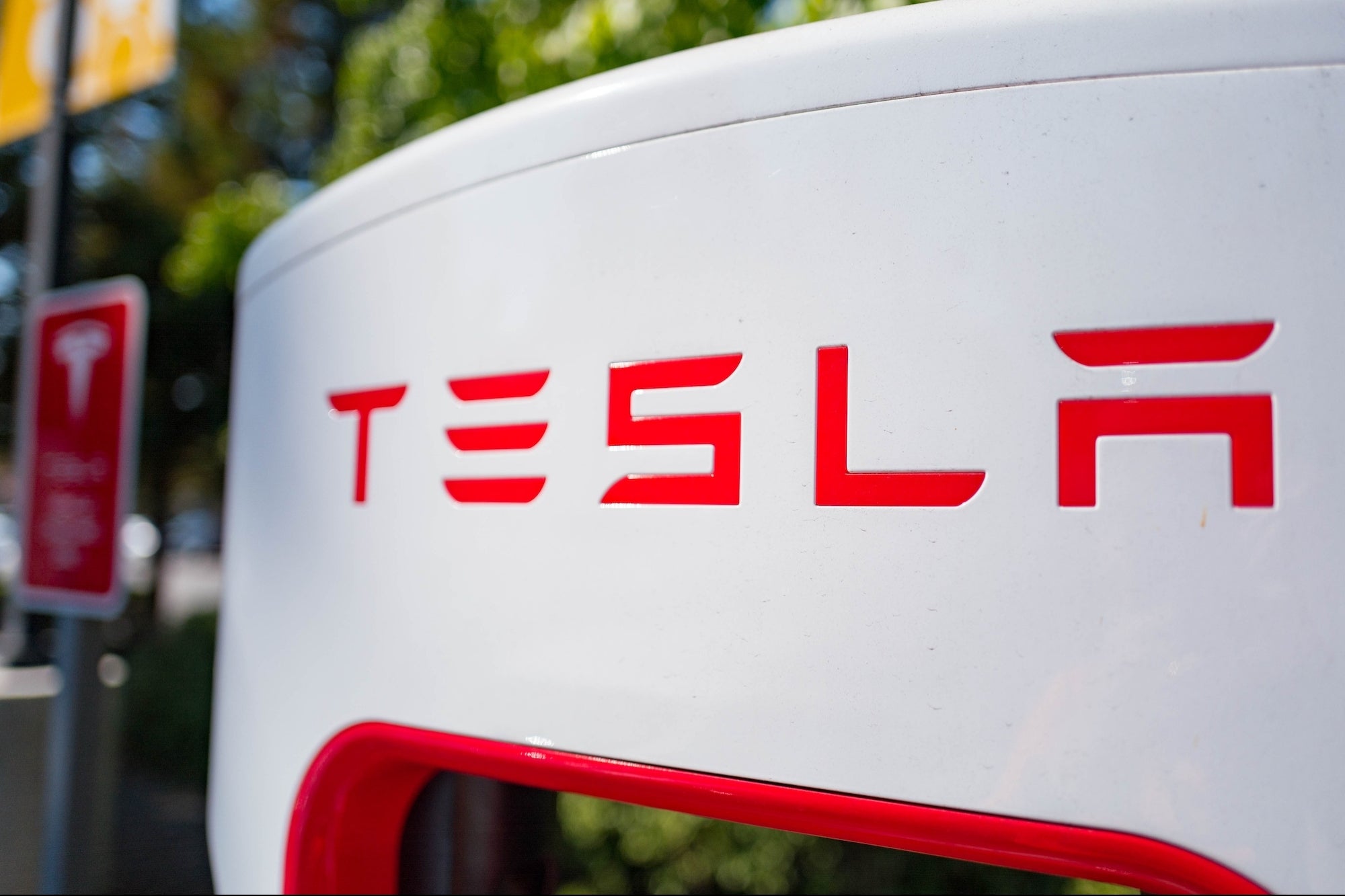What This On-Demand Startup CEO Thinks the Sector Should Really Be Called Handy's Oisin Hanrahan says the conversation about the new economy needs to change.
By Catherine Clifford •

Opinions expressed by Entrepreneur contributors are their own.

The on-demand economy. The gig economy. The sharing economy.
These are all descriptions of a new generation of companies that connect customers with goods or services when and where they need them. But the CEO and founder of one of the leading companies in this space says that none of these names really are appropriate.
Oisin Hanrahan, the CEO and co-founder of Handy, says that he wants to call this new generation of businesses "the flexible economy."
"This is less about on demand and more about flexibility. We think about these companies as this thing that gives us access to services or access to goods," says Hanrahan in a conversation with Entrepreneur. But that's only half the picture, he says. "You have also got people selling their services, selling their time in a very, very flexible way."
Handy, the New York-based home-services-booking platform, was founded in 2012 and since then more than 2 million jobs -- ranging from cleaning services to plumbing help to home repairs and moving services -- have been booked and completed on the platform. Currently, tens of thousands of service professionals offer services in 37 cities across the U.S., Canada and the U.K. The venture-backed startup has raised $110 million from investors.
Related: For 100 Years, General Motors Was All About Cars. Now, It's All About People.
"We have got to pick a word that describes both sides of the platform," Hanrahan says of his preference for "flexible" economy over any of the other myriad phrases. Further, he says that often the services included in this sector of the economy aren't "on demand" anyways -- rather, they are scheduled at a point in the future. "It's giving you flexibility more than it's giving you anything on demand."
To be sure, promoting the new economy as flexible reinforces the notion that the people cleaning homes for Handy or driving cars on for Uber aren't working as a traditional employee (this distinction has led to lawsuits). Rather, these workers are picking up jobs when they can make supplemental income. On average, a Handy "pro" -- as they are called -- makes more than $18 an hour for jobs booked through the platform.
All Handy pros are 1099 contractors, not W-2 employees. That means that Handy is not responsible for providing benefits to these workers. That's a massive cost savings. It's also, conveniently, what the Handy workers want, claims Hanrahan.
Related: Uber and Lyft Will Collaborate With Public Transportation So You Don't Have to Own a Car
"Our pros want a very flexible schedule," says Hanrahan. "Our pros talk to us all the time about how they enjoy being a contractor, they like being their own boss, they like having the autonomy they have to work at Handy, and I think it's very different to talk to employees."











